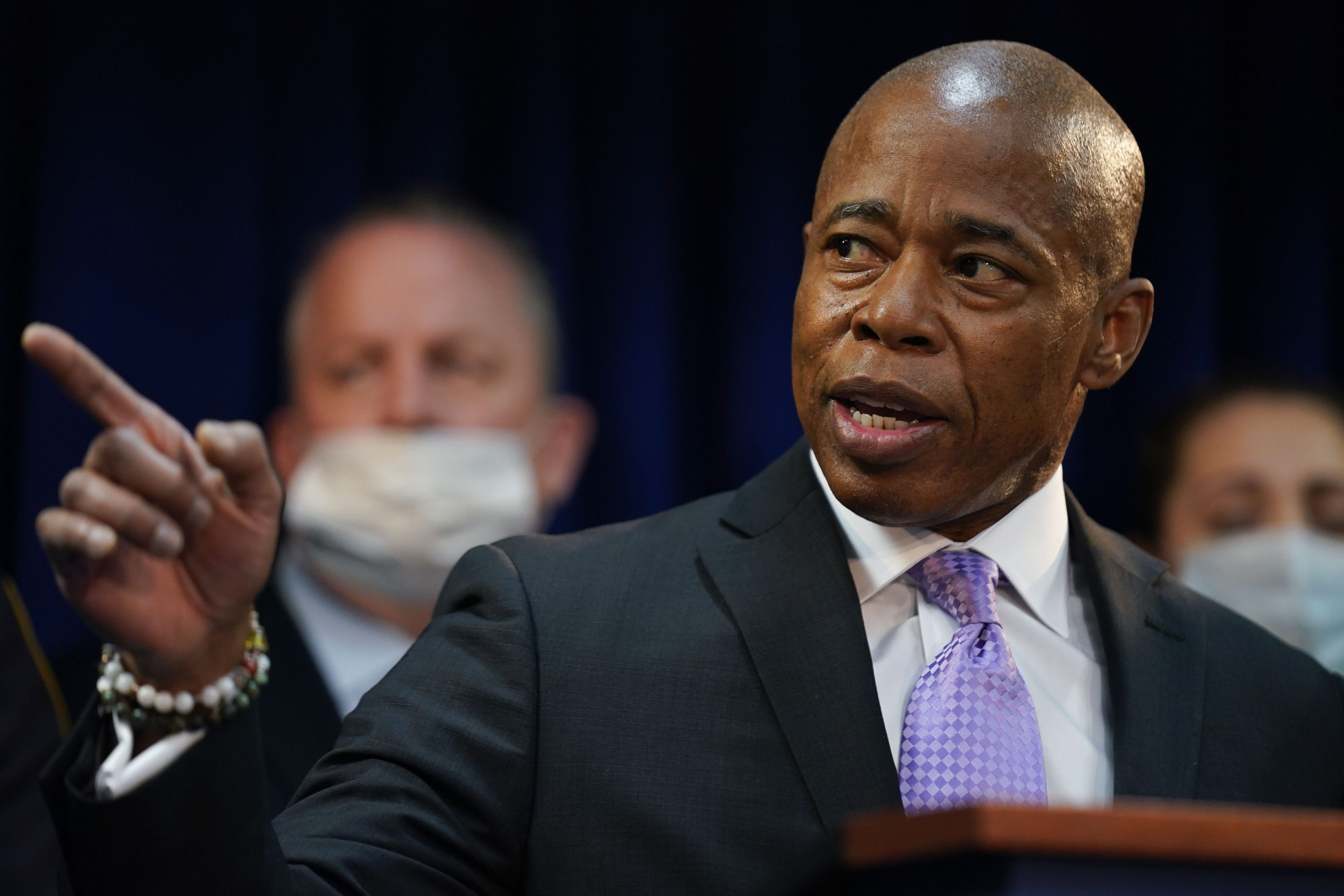Adams introduces zoning initiatives to help small biz, create housing
Measures hailed by businesses, city planners, nonprofits

Mayor Eric Adams on Wednesday laid out a plan to use the city’s zoning tools to support small businesses, create affordable housing and promote sustainability – part of his vision for New York to become a more inclusive “City of Yes.”
The plan, announced at the Association for a Better New York breakfast, includes three major citywide amendments (Zoning for Economic Opportunity, Zoning for Housing Opportunity, and Zoning for Zero Carbon); an effort to invest in and plan around emerging job hubs and commercial corridors in all five boroughs – starting in the Bronx – and initiatives to cut red tape and center equity in planning.
“We are going to turn New York into a ‘City of Yes’ – yes in my backyard, yes on my block, yes in my neighborhood,” said Mayor Adams. “These proposals focused on economic recovery, affordable housing and sustainability will remove red tape for small businesses, expand housing opportunities in every neighborhood and accelerate the transition to our energy future.”